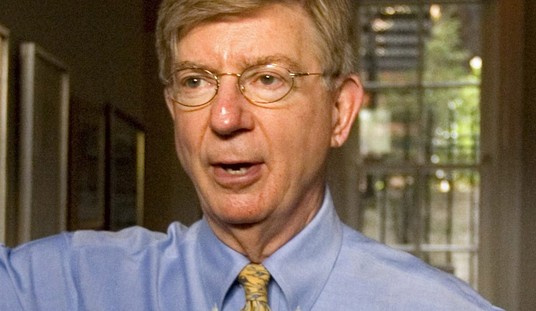The critics are chattering about Baz Luhrmann’s highly anticipated The Great Gatsby. They fall into two camps: those who watched the movie for itself, and those who closely compared it to the book. Even though I appreciate F. Scott Fitzgerald’s seminal work, I’ll be going to the theater as a member of the first camp. Adaptations are rarely successful when the goal is a strict translation of the book to the screen. Even if a movie’s based on a book, I try to judge it as a movie in its own right, as if the book had never existed. Just to prove how unimportant The Great Gatsby’s faithfulness to the book is, here are four examples of absolutely amazing, beautiful, gripping, classic movies (and a TV show) that took an existing story and threw expectations out the window to make something completely original.
[jwplayer config=”pjm_lifestyle” mediaid=”40633″]
5. The Adaptation Most People Don’t Know Is an Adaptation: O Brother, Where Art Thou?
Did you know that O Brother Where Art Thou?, the Coen brothers’ rollicking adventure comedy through the Depression-era South, is a loose retelling of Homer’s Odyssey? If you didn’t, pick up the DVD and rewatch it (well, you should rewatch it anyway even if you did already know because it’s that good) and see if you can recognize the sirens, the cyclops, and the hydra.
4.The Adaptation the Author Hated: Breakfast at Tiffany’s
I can’t think of better proof that a movie’s faithfulness to the book means nothing about its quality. Truman Capote, author of the original short story “Breakfast at Tiffany’s,” originally wanted Marilyn Monroe cast as Holly Golightly, and famously ranted when he heard that Audrey Hepburn was cast instead: “Paramount has double-crossed me in every way.” The movie, which catapulted Hepburn from screen darling to enduring style icon, also abandoned the second half of Capote’s plot.
[jwplayer config=”pjm_lifestyle” mediaid=”40632″]
[jwplayer config=”pjm_lifestyle” mediaid=”40631″]
3. The Adaptation That Just Keeps Going: Sons of Anarchy
Shakespeare may have employed a five-act dramatic structure, but Sons of Anarchy is rumored to round out its story at the end of a seventh season to come. While producers say the series about a brutal California bike clan is only inspired by Hamlet, enough of the elements of the original persist to squeak it onto this list. Though the series got off to a rough start (critically), it’s been gathering more acclaim as it unfolds, drawing viewers into its dark re-envisioning of a centuries-old tale of incest, murder, power, and madness.[jwplayer config=”pjm_lifestyle” mediaid=”40637″]
2. The Adaptation That Was a Bigger Deal than the Book: Dr. No
There’s no denying the success of Ian Fleming’s James Bond series of novels, but there’s an even smaller chance of claiming they’re a bigger deal than the movie franchise they spawned. It was the James Bond movies that defined a genre, in substance and style. Combining the noir undertones of the previous generation with the explosive action that would soon overtake movies, the James Bond films gave a face to a formula and enshrined a character not just in movie history, but in our cultural history. Even if you’ve never read a James Bond book or seen a James Bond movie, you know who he is, and you’ve probably heard a Bond song, too.
[jwplayer config=”pjm_lifestyle” mediaid=”40630″]
1. The Adaptation That Defined Childhood: Willy Wonka and the Chocolate Factory
This is yet another movie disowned by the author of the original book; Roald Dahl was so furious at the liberties the filmmakers took with the story that he refused to allow them to adapt its sequel, Charlie and the Great Glass Elevator. But Willy Wonka and the Chocolate Factory became a cult classic for its exuberant, child-like, and quietly wicked telling of the story of a poor boy who won a golden ticket to the world’s most magical chocolate factory. And the song from the film that became a classic, the wistful and poignant “Pure Imagination” first crooned by Gene Wilder, wasn’t even in the book at all. That song is childhood, in a few simple bars. Too bad Mr. Dahl — who got childhood so well in so many other ways — never came around.
Also read:












Join the conversation as a VIP Member